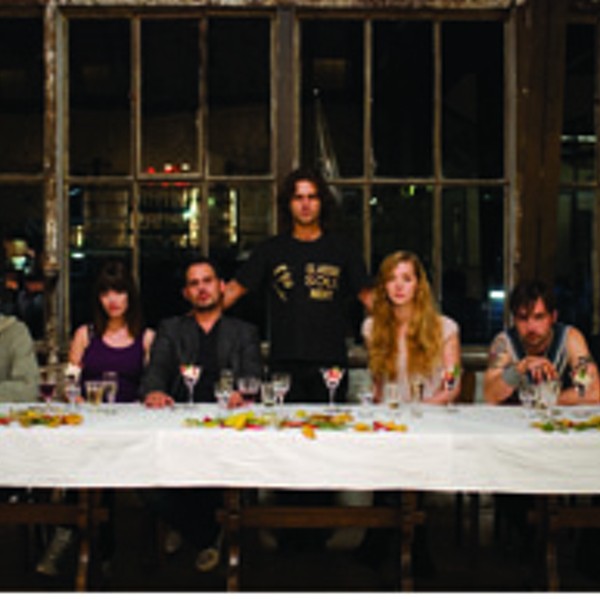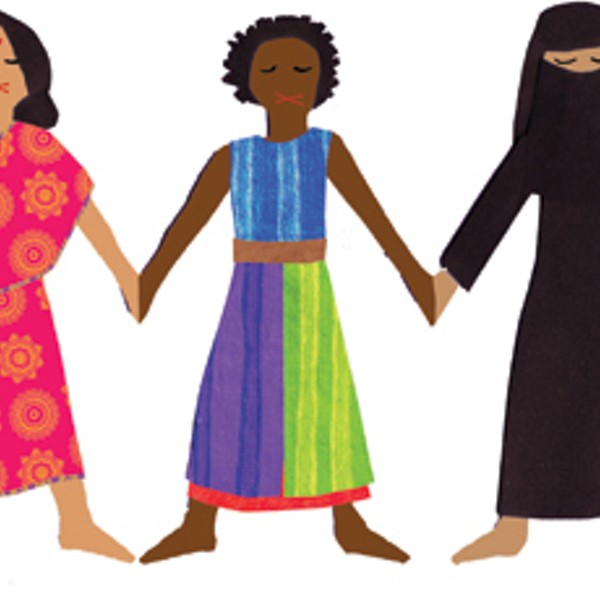Editor’s Note: At the time this article was originally published in Ethics & International Affairs, Khalid Sheikh Mohammed, the alleged mastermind behind the 9/11 attacks, as well as four other four co-conspirators, was slated to stand trial in a civilian court in New York City. On January 28, however, the Obama administration began considering moving the trial of the 9/11 defendants out of Manhattan after facing mounting pressure from New York politicians concerned about costs and security. Additionally, Republicans in Congress maintain that they will try to block financing for civilian criminal trials for the alleged terrorists, seeking to force the administration to place them on trial before a military commission in Guantanamo Bay or elsewhere under military jurisdiction.
On November 17, 2009, US Attorney General Eric Holder announced his decision to try Khalid Sheikh Mohammed—as well as four other alleged co-conspirators to the September 11, 2001, terrorist attacks on the United States—in a New York federal court. The decision reflects the Obama administration’s efforts to dismantle the system of military courts and detention centers that had been a focal point of the Bush administration’s “war on terror.” The response of prominent members of the Bush administration and other leading Republicans to the announcement was swift, as they accused the Obama administration of failing to understand the danger of trying a terrorist on US soil. A secondary concern, expressed at Attorney General Holder’s testimony before the Senate Judiciary Committee on November 18, was that the trial would give the accused the chance to avoid conviction. The protections of a legal team and the vagaries of juries, it was argued, could result in a suspected terrorist escaping justice.
The decision to try Mohammed in New York has also generated controversy in Europe and among international legal experts. Many fear that he would be unable to receive a fair trial in the United States, much less in New York City, where passions over the attacks of 2001 continue to run high. The Guardian, Britain’s most prominent paper of the Left, welcomed the decision by the Obama administration, but raised red flags regarding possible pitfalls, such as nonimpartial jurors, tainted evidence procured through torture, and—perhaps the most objectionable element from a European perspective—the potential for a capital sentence.
This conflict, manifest in both US domestic politics and on the international level, reveals a problem of international criminal justice that has yet to be confronted by the international legal and diplomatic community. While the creation of international criminal tribunals and the International Criminal Court (ICC) in the 1990s represents an emerging consensus to move away from impunity by embracing legal responses to international crime, a number of important issues still need to be addressed. Debates about trying and punishing terrorists reveal how the failure to construct a shared normative consensus in international criminal justice continues to bedevil the international community. As this short essay will demonstrate, the only way to achieve this consensus is to engage in the messy business of politics—the public, deliberative process by which authority, law, and values are constructed for a community.
Punishment and Politics
Punishment is a political act, not simply a legal one. As a legal act, it is designed to ensure compliance with the law, protect society, and provide justice to the victim. However, punishment is not only about the criminal and the victim. A just punishment brings a society back into balance—a society that includes victims, criminals, and all those affected by the original violation.
But even this account is too simplistic. Punishment not only heals a broken community but also reconstructs that community in new ways. Communities must determine not simply who deserves punishment but also how to punish. This process is “political” in two senses. First, it inscribes certain kinds of values in the community; for example, the choice to impose a capital sentence rather than a prison term reflects and reinforces existing values within a political culture as a whole. Second, it reinforces the power of the authority structure that governs a community. Punishment is the moment when a community sanctions certain kinds of violence against some of its members—violence that is legitimate because it is in the service of enforcing the law and values of that community. If a community views punishment as simply the enforcement of the law, and fails to appreciate these political aspects, then punishment may be seen as unjust. One way to create a just system of punishment is to move the political debate to a public, deliberative context in which decisions about both authority and values can be acknowledged and formalized.
















